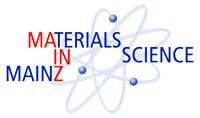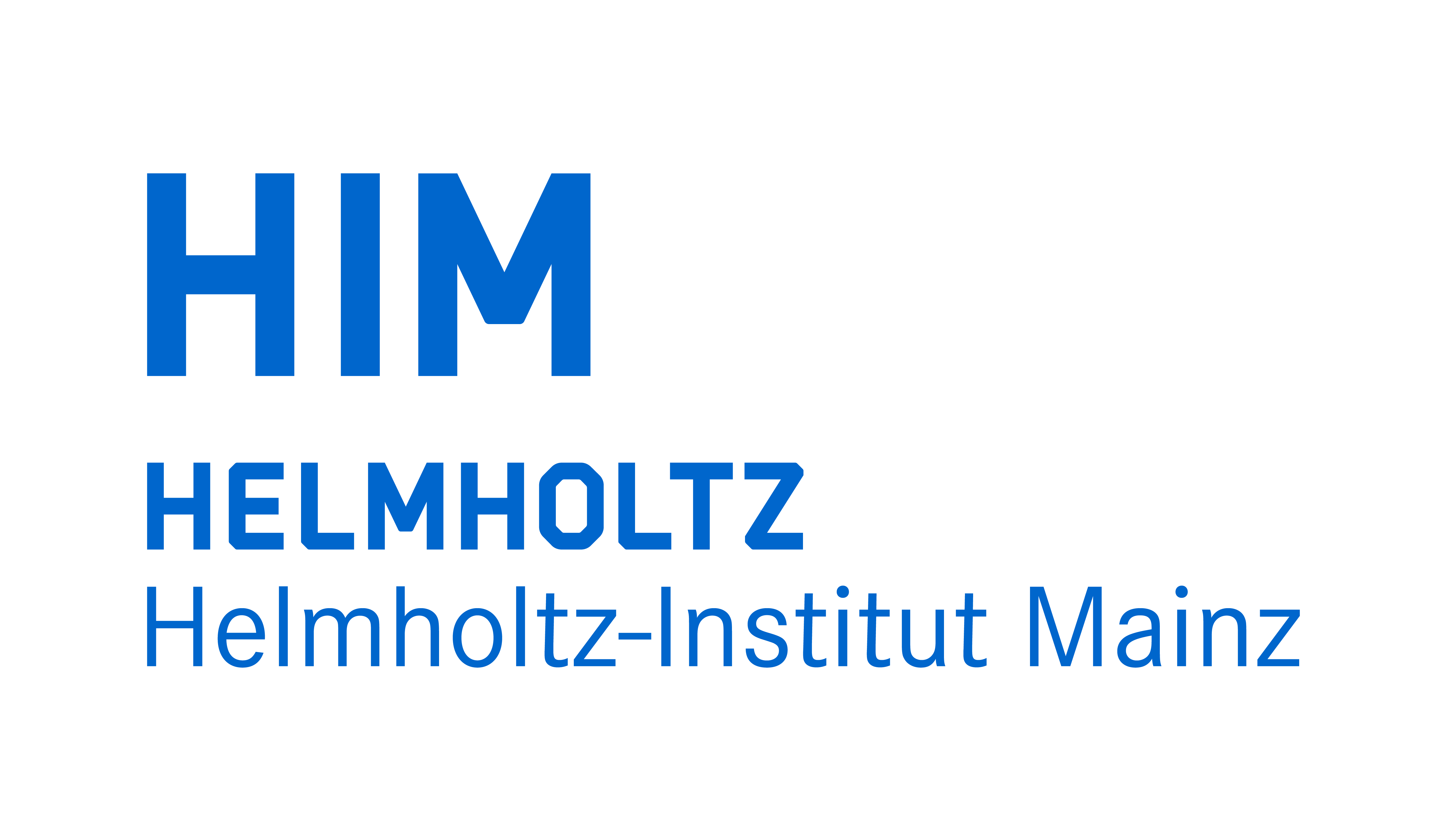


Physikalisches Kolloquium
May 3, 2016 at
4:16 p.m. c.t.
in
HS KPH
Prof. Dr. Alfons Weber
Institut für Physik
a.weber@uni-mainz.de
Prof. Dr. Hartmut Wittig
Institut für Kernphysik
hartmut.wittig@uni-mainz.de
Studying stars in terrestrial laboratories: A journey through stellar lives and the origin of the elements
Dr. Marialuisa Aliotta (School of Physics and Astronomy, University of Edinburgh)
The human body is almost entirely made up of carbon, oxygen, hydrogen, and traces of few other elements. But where do these elements come from? How, when and where are they created in the Universe? Similar questions have fascinated mankind since ancient times. Yet, it wasn’t until the advances of the last century that scientific answers have emerged from the interplay of astronomical observations, nuclear physics experiments, and astrophysical models of stellar evolution and nucleosynthesis.
In this talk, I will show how the properties of nuclei govern the entire evolution of stars, account for the vast energy output of the most fascinating explosions in the Universe, and ultimately control the synthesis of chemical elements as the building blocks of ordinary matter. I will also discuss the extreme experimental challenges that we face in replicating stellar reactions on Earth and highlight the results of some recent investigations.
Prospects for future facilities and opportunities will be presented that will help us address some of the unanswered questions of modern nuclear astrophysics in the attempt to reveal the intimate connection we bear with long-gone stars.